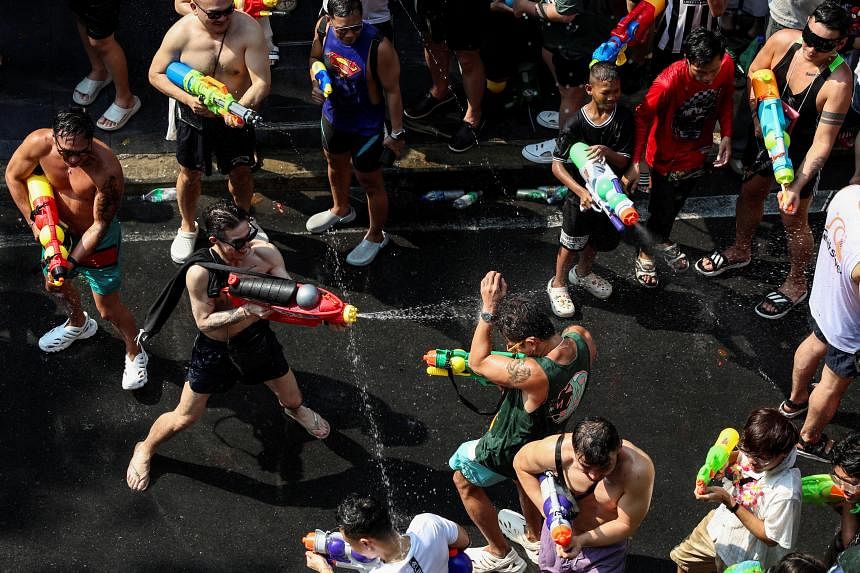
The way travelers seek guidance has always been a reflection of their relationship with technology – and the trusty travel guide has long been a staple for adventurers keen to explore distant lands. From the ancient Greek travelogues to the modern-day guidebook, these sources have illuminated our path to hidden gems and far-flung destinations.
Challenged by the dynamic pricing of online booking platforms and the early phone-based travel agencies, the traditional travel guide has had to adapt. Even the stalwart of travel guides, Lonely Planet, acknowledged the shifting landscape in 2023, turning to AI development to stay relevant.
As with many industries, AI is making its mark on travel planning. But how does it fare against its tried-and-true predecessors? To find out, I ventured into a quest for an ideal three-day itinerary in Bangkok, utilizing AI travel planners like Layla, GuideGeek, and Tripadvisor’s AI trip builder, with a focus on nightlife, outdoor ventures, and culinary delights.
The Quest Begins: AI Leads the Way
At the outset, the results seemed less than impressive. Tripadvisor’s AI trip builder, for instance, suggested a day itinerary that included Bangkok’s Grand Palace, lunch at Taste of India, and a mid-day foray into the famed Khaosan Road nightlife scene, followed by dining at Bar. Yard, a tiki-themed rooftop spot, and a wind-down at Lumpini Park.
Layla, an AI travel planning app, guided us to start day two with breakfast at Somtum Der, renowned for its authentic Som Tum. This was followed by a hike up the Golden Mount temple and a culinary journey through Bangkok’s streets, including lunch at Supanniga Eating Room, a street food tour, and fine dining at Gaggan Anand, ending the day at Asiatique The Riverfront night market.
GuideGeek, a travel chatbot, designed an itinerary for the final day, focusing primarily on foodie destinations: the trendy Ari neighborhood, known for its cafes and street food, Or Tor Kor Market, and Talad Rot Fai Night Market.
Adapting AI’s Missteps into Traveler’s Triumphs
While these itineraries offered a framework, they required considerable adjustments by human travelers. The sequences often defied practical geography and realistic mealtimes! Interspersed with marketing links for tours and accommodations, the recommendations also felt formulaic – rarely veering from the tourist trail blazed by Google and Tripadvisor’s top results.
AI’s limitations in working with data it lacks were evident; hidden gems and local insights remained elusive. The ChatGPT-style responses lacked the personal touch of a travel guide or content creator, unable to convey the significance and appeal of each site with descriptive, engaging prose.
Illuminating the Path Forward: AI’s Potential Realized
Despite these challenges, there is hope for AI-driven travel assistance. By improving data sources and training models with diverse, localized information, AI can offer more tailored recommendations that go beyond the obvious tourist traps. Enhancing natural language processing will also enable AI to provide insightful descriptions, making destinations come alive as traditional travelogues do.
The key lies in marrying AI’s vast data analysis capabilities with human expertise:
- Enhanced Data Sources: To overcome AI’s limitations, a diverse range of data sources is crucial—from local blogs and niche guides to user-generated content on social media platforms. This provides AI with the raw material needed to uncover hidden gems and cater to varied preferences.
- Advanced NLP Techniques: Employing advanced natural language processing techniques enables AI to generate descriptions that captivate and inform, making destinations more alluring by highlighting their unique features—all while maintaining factual accuracy.
- Human-AI Collaboration: Finally, combining the strengths of human expertise and AI can lead to powerful synergies. Human editors and local experts can review, curate, and enhance AI-generated content, ensuring accuracy, adding cultural context, and infusing it with a touch of creative flair that appeals to modern travelers.
In this way, AI becomes an invaluable tool for travel guides and platforms, enhancing their offerings by providing efficient data analysis while leaving the creative insights and descriptive magic to seasoned human editors – thus illuminating the perfect path forward in our ever-evolving world of exploration!
